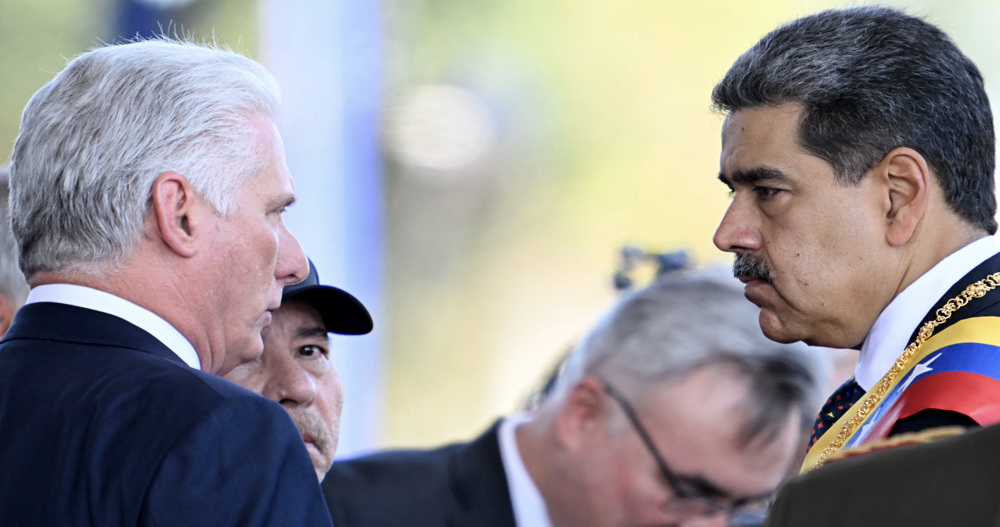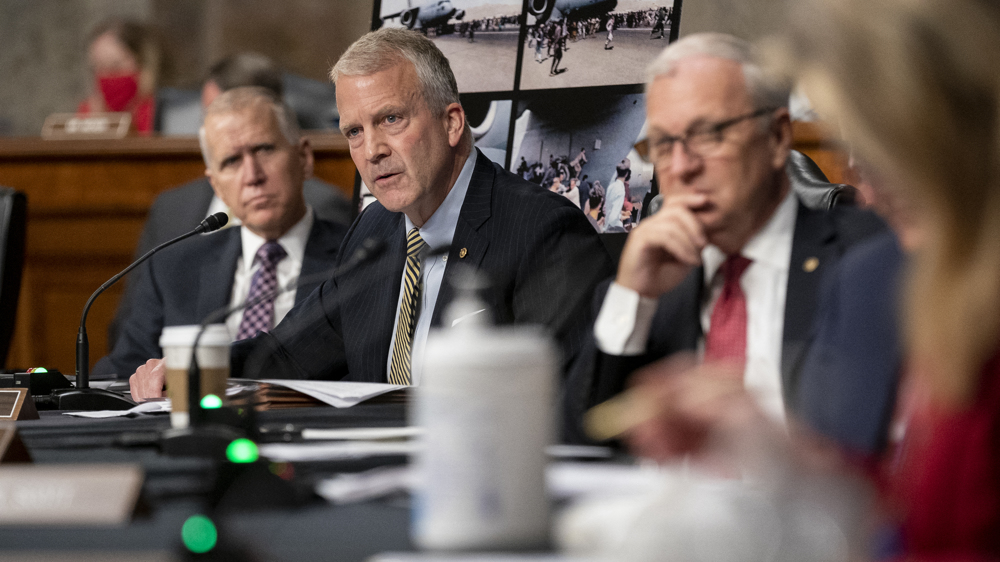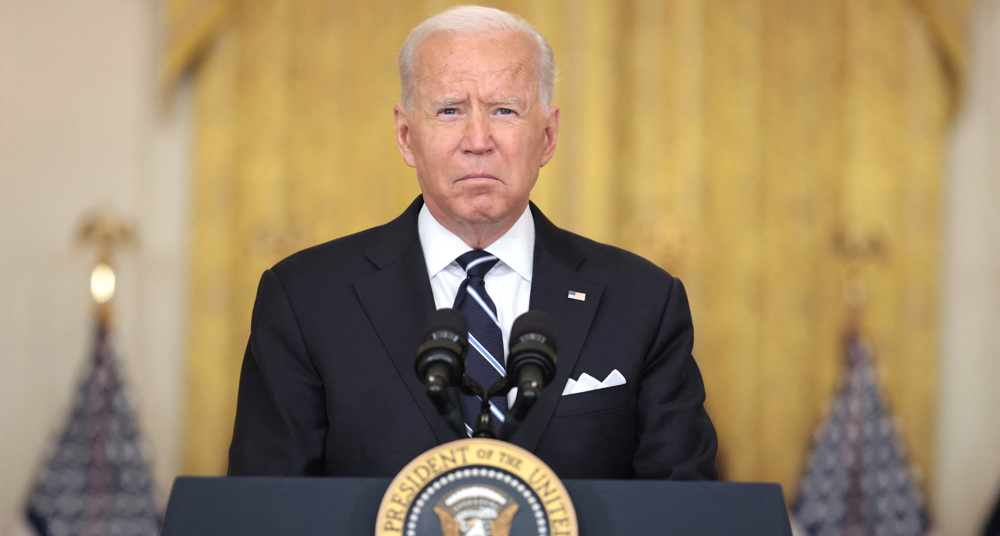Leading scientist Fukuyama predicts end of US hegemony
A renowned American political scientist has predicted the end of the US hegemony, with a deeply polarized society affecting the country’s foreign policy.
In an article published recently on The Economist's special 2022 outlook issue, called The World Ahead 2022, Francis Fukuyama, a senior fellow at Stanford University, said the United States suffered a humiliating defeat when it withdrew from Vietnam in 1975, but it regained its dominance within little more than a decade.
The peak period of American hegemony was recorded between the fall of the Berlin Wall in 1989 and the financial crisis of 2007-09, he added.
“The height of American hubris was the invasion of Iraq in 2003, when it hoped to remake not just Iraq and Afghanistan (invaded two years before), but the whole Middle East. America overestimated the effectiveness of military power to bring about deep political change, even as it underestimated the impact of its free-market economic model on global finance. The decade ended with its troops bogged down in two counterinsurgency wars, and a financial crisis that accentuated the inequalities American-led globalization had brought about,” Fukuyama explained.
He also noted that the biggest policy debacle of US President Joe Biden’s administration in its first year has been its failure to plan adequately for the rapid collapse of Afghanistan.
The US military led the invasion of Afghanistan in 2001 in what it proclaimed was a war on terror meant to eradicate the Taliban.
Twenty years on, in mid-August this year, the Afghan government and military collapsed in the face of the Taliban’s swift advances on the ground, which many attribute to a hasty withdrawal of US-led occupation forces from the South Asian state.
“Mr Biden has suggested that withdrawal was necessary in order to focus on meeting the bigger challenges from Russia and China. I hope he is serious about this… In 2022, the administration needs to redeploy both resources and the attention of policymakers to deter geopolitical rivals and engage with allies,” the political commentator said.
He further referred to polarization within the American society, saying it started over conventional policy issues like taxes and abortion, but has since metastasized into a bitter fight over cultural identity.
The COVID-19 pandemic, he added, served America’s divisions, with social distancing, mask-wearing and vaccinations being seen not as public-health measures but as political markers.
Meanwhile, Fukuyama stressed that the world has been reverting to a more normal state of multi-polarity, with China, Russia, India, Europe and other centers gaining power relative to America.
“Yet in truth, the end of the American era had come much earlier. The long-term sources of American weakness and decline are more domestic than international. The country will remain a great power for many years, but just how influential it will be depends on its ability to fix its internal problems, rather than its foreign policy,” he said.
“The United States is not likely to regain its earlier hegemonic status, nor should it aspire to. What it can hope for is to sustain, with like-minded countries, a world order friendly to democratic values. Whether it can do this will depend on recovering a sense of national identity and purpose at home.”
Iran seeks South Korea’s assistance for AI, fiber-optic projects
VIDEO | Iran's 'Eqtedar' (Power) maneuver
Israel hits HTS military target in Syria for 1st time since fall of Assad
VIDEO | Press TV's news headlines
Israel has slaughtered 13,000 students in Gaza, West Bank
VIDEO | More Zionist than Zionists: Biden’s legacy to be defined by Gaza genocide
Hamas confirms handing approval of Gaza ceasefire deal to mediators
VIDEO | Iran: Show of strength
















 This makes it easy to access the Press TV website
This makes it easy to access the Press TV website